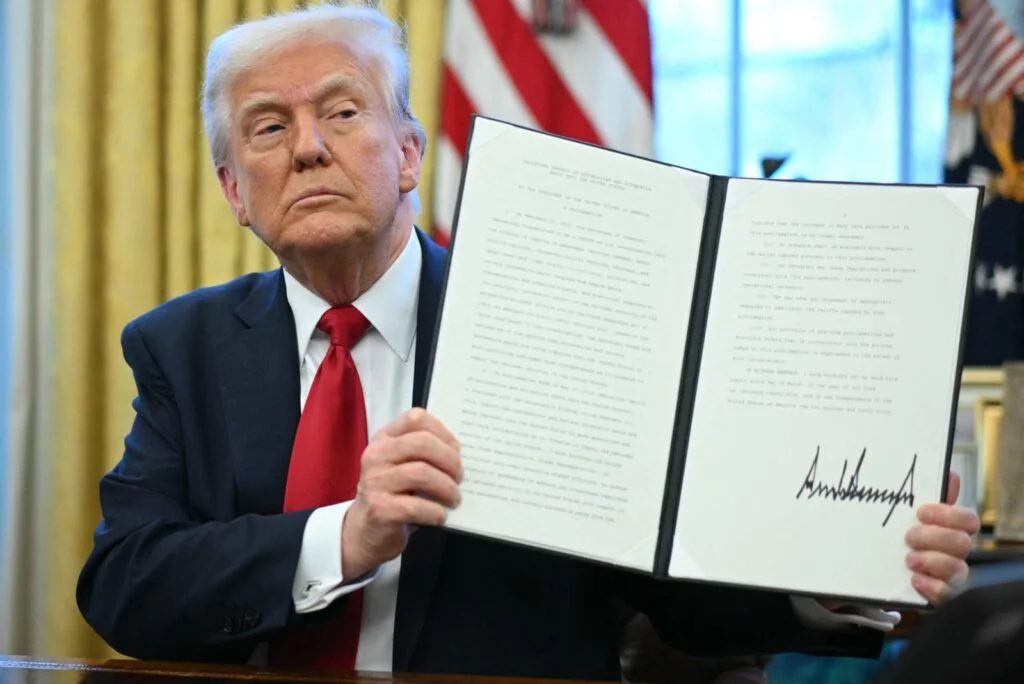Implementing Triple Intervention, RI Maintains Rupiah Stability Amid Global Turmoil and Trump’s Tariff Threat

Jakarta – The Indonesian government responded quickly to the reciprocal tariff policy announced by United States President Donald Trump in early April 2025.
The policy of imposing tariffs of up to 32 percent on Indonesian export products is considered to be able to put major pressure on the national economy, especially the Rupiah exchange rate.
banner 336×280
Bank Indonesia (BI) immediately activated a triple intervention strategy to maintain the stability of the Rupiah.
Head of the BI Communication Department, Ramdan Denny Prakoso, emphasized that this step was taken to ensure sufficient foreign exchange liquidity and support market player confidence.
“We are doing this triple intervention by intervening in the foreign exchange spot market, DNDF, and the SBN secondary market. The goal is to maintain exchange rate stability and strengthen the financial market,” said Ramdan.
According to him, BI is actively managing the supply and demand of US dollars in the spot market to contain exchange rate fluctuations.
On the other hand, intervention in DNDF allows market players to hedge so that volatility can be suppressed.
Meanwhile, intervention in the SBN market aims to maintain foreign capital flows and minimize the risk of capital outflow.
Ramdan added that BI also maintains liquidity for the banking sector and business actors so that economic activities continue to run smoothly.
“We are not only maintaining the exchange rate, but also ensuring that investor confidence remains high amid global uncertainty,” he said.
On the other hand, the Presidential Communications Office through the Head of PCO, Hasan Nasbi, stated that the government is currently calculating the impact of the tariff policy.
“We also sent a high-level lobbying team to the US and accelerated the simplification of regulations domestically so that Indonesian products are more competitive,” he explained.
Coordinating Minister for Economic Affairs, Airlangga Hartarto, also said that the government is trying to maintain the stability of SBN yields and maintain the competitiveness of main export products such as electronics, textiles, furniture, and fishery products.
“This strategic step is important so that Indonesia remains an attractive investment destination amidst global challenges,” said Airlangga.
In addition, the government is also strengthening fiscal-monetary coordination to comprehensively reduce external pressures.
This step was taken through synergy between BI, the Ministry of Finance, and industry players to maintain people’s purchasing power, encourage exports, and strengthen national economic resilience.
